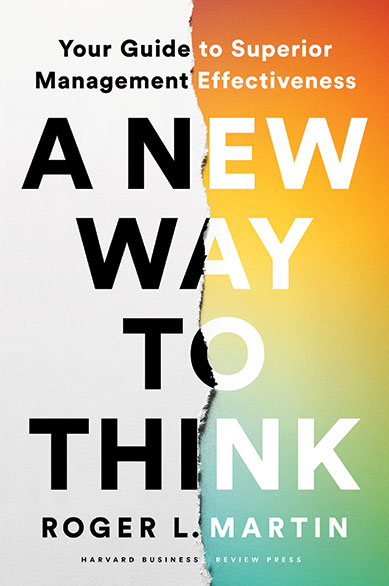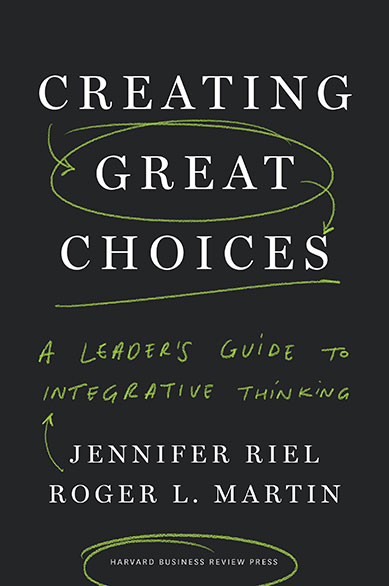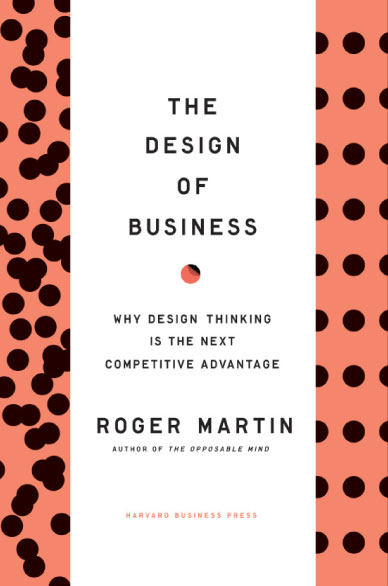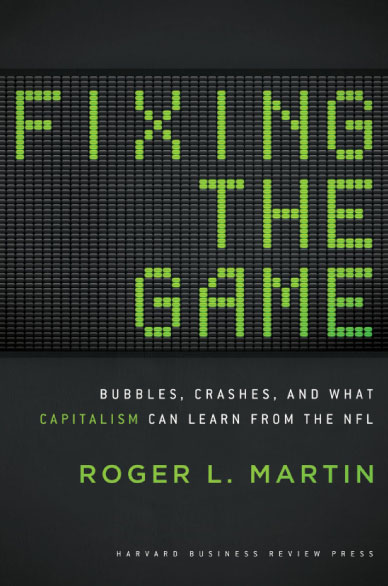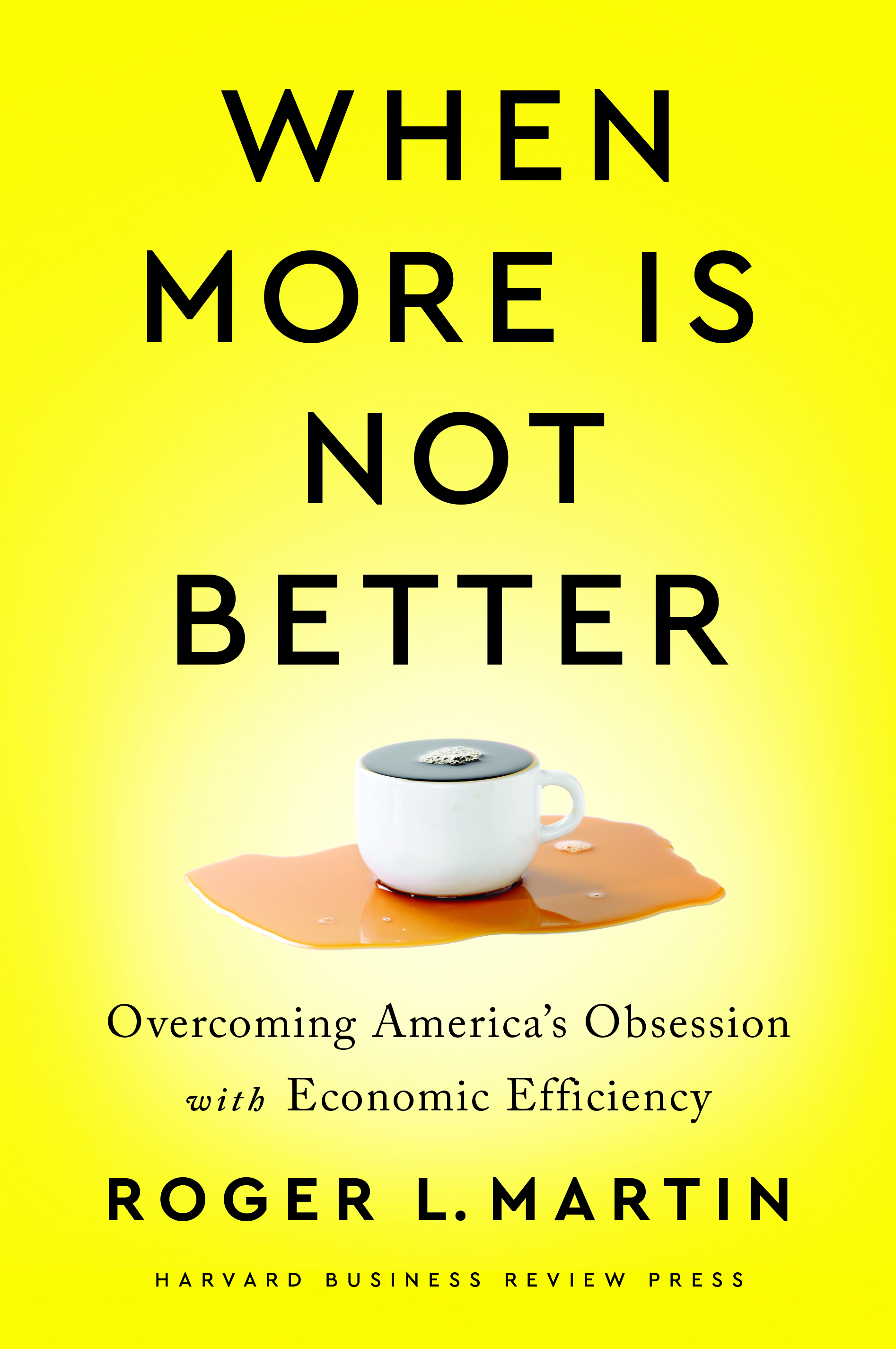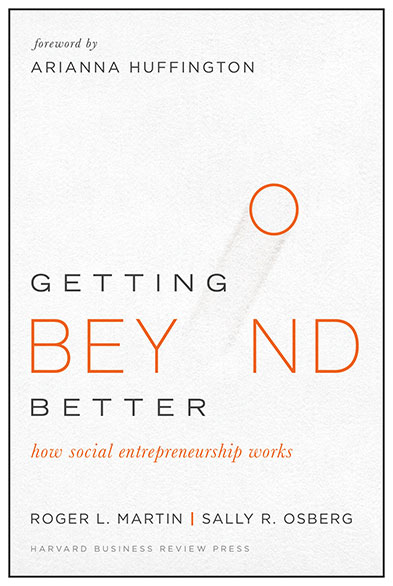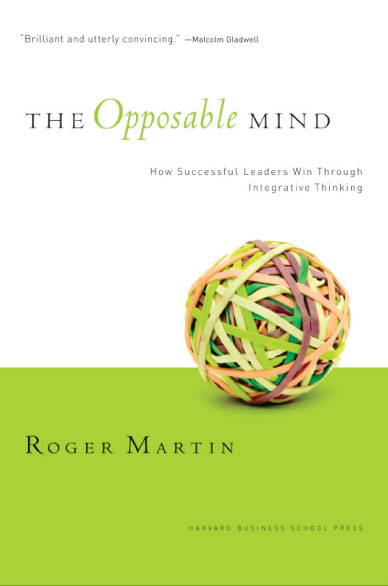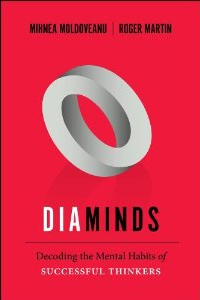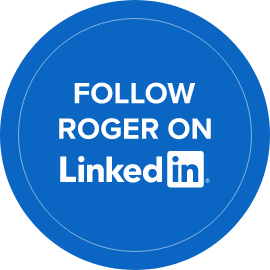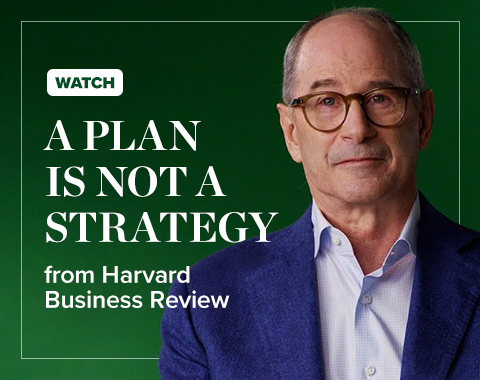-
Shepherd.com
Why read Creating Great Choices?
Michael Bungay Stanier
June 2023
-
Biblical Leadership
Book review: Creating Great Choices
Matthew Fretwell
March 7, 2018
-
Work
Solve problems by combining ideas
Anat Arkin
December 11, 2017
-
The Hamilton Spectator
Jay Robb: The Perils of Reaching for Concensus
Jay Robb
December 4, 2017
-
Library Journal
Reviews: Creating Great Choices: A Leader’s Guide to Integrative Thinking
September 11, 2017
-
no map. no guide. no limits
Creative Decision-Making CAN Be Taught
Lane Wallace
September 19, 2017
-
The White Rhino Report
Creating Great Choices - A Leader's Guide to Integrative Thinking
Al Chase
October 25, 2017
-
BizEd
Bookshelf
Sharon Shinn
November / December 2017 Issue
-
Globe and Mail
Facing a tough business decision? Try integrative thinking
Harvey Schachter
September 18, 2017
-
Porchlight Books
EDITOR'S CHOICE: Creating Great Choices: A Leader's Guide to Integrative Thinking
Dylan Schleicher
September 15, 2017
-
Financial Times
Stop thought leaders from turning useful ideas into pap
Andrew Hill
September 11, 2017
-
Economia
Creating Great Choices
July-August 2017
-
Jen Cotton Blog
Integrative Thinking
Jen Cotton
October 12, 2011
-
UbiquitousWisdom.com
Trade-Offs
Dave Franzetta
September 13, 2011
-
Business Reads Today Blog
Savoring the Opposable Mind
Lynda Koster
June 2011
-
Free Your Mind Blog
Leadership
November 11, 2010
-
Aplo/Designing Expereinces Blog
Empathy as Key to Successful Integrative Thinking
September 1, 2010
-
Rafaelcorrales.com Blog
Integrative Thinking
Rafel Corrales
August 2, 2010
-
White Rhino Report
The Opposable Mind
April 3, 2009
-
Gladwell.com
Teachers and Quarterbacks
December 16, 2008
-
Art Scatter
Looking for Something That Works
March 14, 2008
-
Cultureby.com
Canada, the Martin Paradox, and The Opposable Mind
January 10, 2008
-
Financial Times
Richard Evans Opposable Mind Review
December 19, 2007
-
Porchlight Books
Jack Covert Selects: The Opposable Mind
November 28, 2007
-
Toronto Star
Bad or Worse? Find a New Choice
November 28, 2007
-
New York Times
How Great Leaders Juggle Ideas
June 16, 2007
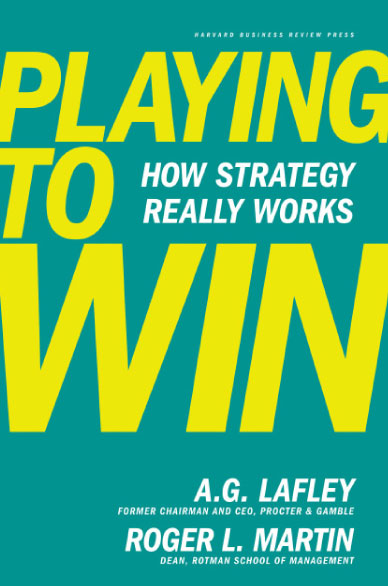 Buy the book
Book roger to speak
Buy the book
Book roger to speak
